Being a Pilot is one of the highest-paying jobs in India, starting with a package of 10 lakhs per annum. Candidates must have done a minimum of 10+2 in Physics and Mathematics to be eligible for the traning. The minimum age limit is 17 years.
Table of Contents
- Steps of How to Become Pilot in India
- How to Become Pilot: Steps after Class 12th
- Eligibility Criteria to Become a Pilot
- Types of Pilots and their Salaries
- UG and PG Courses to Become a Pilot
- Certifications to Become Airline Pilot
- Top Colleges Offering Pilot Courses in India
- What are the Skills Required to Become a Pilot?
- Benefits of a Career as a Pilot
To become pilot, aspiring candidates must need a bachelor's degree in aviation or related fields followed by commercial pilot certification. Aspiring candidates can either be commercial pilots or join the military air force as well. However, to start the course, a candidate only needs to have passed their 10+2 with Physics and Mathematics with a minimum age of 17 years.
The eligibility criteria for being a pilot requires a pilot license, qualifying medical exams, meeting flight hours, and qualifying for the knowledge and practical tests. The average salary of pilots in India starts from 10 lakh to 50 lakh per year along with incentives. The Salary of a Pilot in India ranges between INR 1.5 to INR 2.5 lakhs per month.
Steps of How to Become Pilot in India
The two general methods to become a pilot are given below.
- Through Civil Aviation
People who want to become commercial pilots can apply through Civil Aviation.
-
- Aspiring candidates must have required commercial pilot certifications under the directorate general of civil aviation in India to become Pilots after the 12th.
- The candidate must do flight training from reputed institutions like Flight Safety Academy (USA), CAE Oxford Aviation Academy, etc.
- Through Indian Air Force
People who want to serve the nation can join the national air force and apply through the Indian Air Force.
-
- The candidate must qualify for some entrance exams like AFCAT, NDA and many more to become part of the Indian Air Force.
- After 3 years of training at the National Defense Academy, they were allowed to join the Indian Air Force Academy (IAFA).
- Apart from clearing these exams, the candidate also needs to qualify for medical standards like height, weight, vision, etc.
How to Become Pilot: Steps after Class 12th
The major steps to be taken to become a pilot after completing 12th has been shared below:
- Choose the Right Stream: Physics, Chemistry and Mathematics are important requirements to be eligible to become a pilot, hence, choosing the right stream in 12th grade is very important.
- Selecting Top Aviation School: Flight training from a reputable aviation school is very important to obtain relevant certifications. This is the essential requirement to become a pilot.
- Prove Medical Fitness: The candidate must provide a Class 1 Medical fitness certificate to prove themselves medically fit to fly.
- Qualify DGCA Examinations: The candidate must qualify for DGCA examinations, which assess the candidate’s knowledge of aviation and training.
- Gain Experience and obtain a License: The candidate must get a CPL or PPL license to be eligible to become a pilot.
Also Check: How to Become an Air Hostess in India?
Eligibility Criteria to Become a Pilot
- To become a pilot in India, a candidate must do a professional training course from top reputed aviation institutions like Air Force Academy (AFA), the National Flying Training Institute, the Indira Gandhi Rashtriya Uran Academy, and many more.
- They must qualify for national entrance exams like the NDA, CDS, AFCAT, etc.
- A candidate who wants to become a pilot must pursue physics, chemistry, and mathematics as their main subjects in 12th grade.
- The candidate must pursue UG courses like BSc Aviation, BBA Aviation Management, B.E. Aeronautical Engineering, etc. or PG courses like M.Sc Aviation or MBA Aviation Management.
- There are two types of licenses that a person needs to obtain to become a pilot: Commercial Pilot Licence (CPL) or Private Pilot Licence (PPL).
- The candidates must qualify for educational and physical exams, along with other requirements necessary for a flight license.
Pilot Age Limit in India
One can become a commercial pilot at any age, but for an airline pilot, as a fresher, the maximum age to become a pilot in India should be 36 years or below. Nevertheless, the pilot age limit increases to 50 years for Ex-Air Force candidates.
Physical Requirements to Become Pilot in India
To become a Pilot, specific physical pilot qualifications must be met. Following are the vision and pilot height requirements to become a pilot, which is divided into two parts.
| Gender | Height and Weight | Vision |
| Pilot Eligibility for Female | 162.5 cms with correlated weight | 6/6 in one eye and 6/9 in other |
| Pilot Eligibility for Men | 162.5 cms with correlated weight | 6/6 in one eye and 6/9 in other |
Pilot Educational Qualifications
To become a Pilot, the following educational qualifications need to be fulfilled.
- The candidates must pass Class 10 with 50% to appear for the NDA exam.
- The candidates should have a Bachelor's degree in aeronautical engineering, aircraft operations, aviation, or any other similar field.
- The students from any other course related to Science background have to complete their courses related to aviation and apply for the job.
- For each candidate, it is necessary to have specific hours of ground training. 250 hours of ground training is required to be certified as a pilot.
Also Check: Air Hostess Courses after 12th
Types of Pilots and their Salaries
Candidates who want to know how to become pilots must note that there are various sectors of aviation. The candidates can check the different types of pilots and a summary of their job profiles, along with their salaries, in the table given below.
| Type of Pilot | Details | Average Salary in INR |
| Commercial Pilots: | Commercial pilots are qualified to operate both commercial and cargo airlines. They mainly handle commercial equipment of a flight, fly passenger aeroplanes and work alongside a co-pilot. | 13,60,000 PA |
| Military Pilots | These Pilots fly for the Indian Air Force and are trained to fly fighter planes and other military-operated aircraft. Moreover, they are experts in air–to–air and air-to-ground combat. | 10,80,000 PA |
| Cargo Pilots: | A cargo pilot aims to operate cargo aircraft to fly shipments and packages for logistical purposes. | 9,45,000 PA |
| Charter Pilots | Individual or business owners or companies hire Charter Pilots to operate personally owned aircraft. Their job includes on-ground coordination, customer service and catering. | 13,21,000 PA |
| Helicopter Pilots | A helicopter pilot must have a licence from DGCA to fly a helicopter. They handle A to Z of flying a helicopter, such as handling control equipment, fuel and more. | 11,03,000 PA |
| Test Pilots | Test Pilots are responsible for assessing new aircraft, studying manufacturing defects and suggesting improvements. They also report if the aircraft is suitable to fly. | 7,56,000 PA |
| Flight Instructors | Flight instructors guide aspiring pilots to manoeuvre an aircraft. Teach avionics, flight rules, operations, instruments, technicalities, and functional guidelines. | 6,83,383 PA |
UG and PG Courses to Become a Pilot
Students can pursue aviation after the 12th and they can also get a PG degree. The UG and PG courses to become a pilot is mentioned in the table given below. Similarly, there are various other Aviation Courses after 12th in India that candidates can opt for.
| UG Courses | PG Courses |
| B.Sc. (Bachelor of Science) Aviation | M.Sc. (Master of Science) Aerospace Engineering |
| BBA Aviation Operations | MBA in Aviation |
| BBA Airport Management | MSc in Aviation |
| B.Sc. (Bachelor of Science) Aeronautical Science | M.Sc. (Master of Science) Aeronautical Science |
| BMS in Aviation Management | M.E. (Master of Engineering) Aeronautical Engineering |
| B.E. (Bachelor of Engineering) Aeronautical Engineering | M.Tech. (Master of Technology) Aeronautical Engineering |
| B.E. (Bachelor of Engineering) Aerospace Engineering | M.Tech. (Master of Technology) Aerospace Engineering |
| B.Tech (Bachelor of Technology) Aeronautical Engineering | M.E. (Master of Engineering) Aerospace Engineering |
| B.Tech (Bachelor of Technology) Avionics Engineering | M.Tech. (Master of Technology) Avionics Engineering |
Certifications to Become Airline Pilot
The aspiring students can check out some of the certifications to become an airline pilot that add value to their resumes while job-hunting.
- Aviation: Aircraft Ground Support Equipment.
- Aviation: Airline Customer.
- Security Operations, Processes & Strategies in Aviation.
- Service Course: Aviation Industry.
- Cabin Crew Training.
Also Read: Aviation Universities in Canada
Top Colleges Offering Pilot Courses in India
In India there are various colleges that offer aviation courses. Some of the best flying schools in India are listed below with their fees.
| Name of Institute | Fees |
| Indira Gandhi Rashtriya Uran Academy | INR 42 lakhs |
| Wingsss College of Aviation and Technology | INR 23 lakhs |
| Ahmedabad Aviation and Aeronautics | INR 20 lakhs |
| Indian Institute of Engineering and Aeronautics | INR 12 lakhs |
| Hindustan Aviation Academy | INR 4 lakhs |
| Indian Institute of Aeronautics | INR 1,70,000 |
| Government Aviation Training Institute | INR 55 lakhs |
| National Flight Training Institute | INR 50,05,000 |
| The Bombay Flying Club | INR 10 lakhs |
What are the Skills Required to Become a Pilot?
To become a pilot, one needs to have both hard skills and soft skills. Here are some basic skills required to become a pilot.
- Aviation knowledge
- Technical skills
- Communication skills
- Teamwork skills
- Problem-solving skills
- Decision-making skills
- Leadership skills
Benefits of a Career as a Pilot
A career as a pilot is highly praised and there are many perks. Some of the benefits are listed below:
- High Salary: Pilots normally have high pay and receive excellent benefits, such as health insurance, paid time off, and retirement savings plans.
- Opportunities to Travel: If you have wanderlust, being a pilot is one of the best-suited jobs. You can travel and stay in different parts of the world and learn their cultures.
- Adaptable Work Time: Pilots generally work a rotating schedule, which can allow them to have more control over their work-life balance.
- Job Security: The aviation industry is growing rapidly, and there is a high demand for pilots. As a result, pilots have excellent job security.
- Exciting Work: Flying itself is a challenging and exciting job. Thousands of feet above sea level gives a different kind of thrill. However, the passenger's and cabin crew's life security is their responsibility.
Also Read: Salary of an Air Hostess

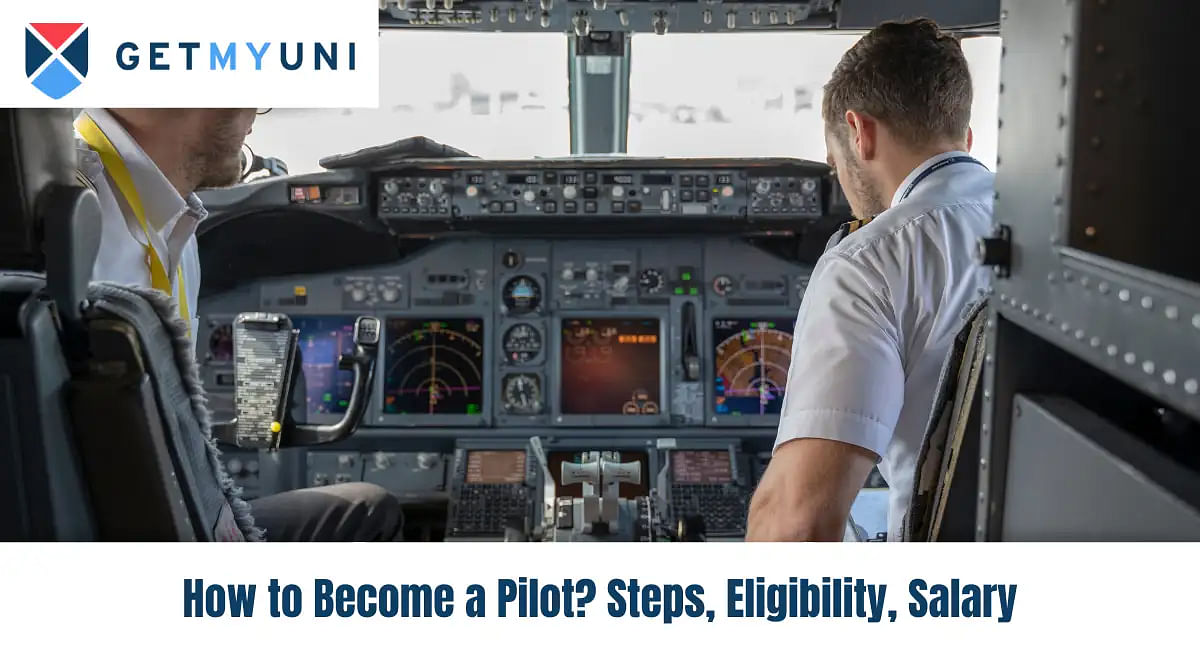

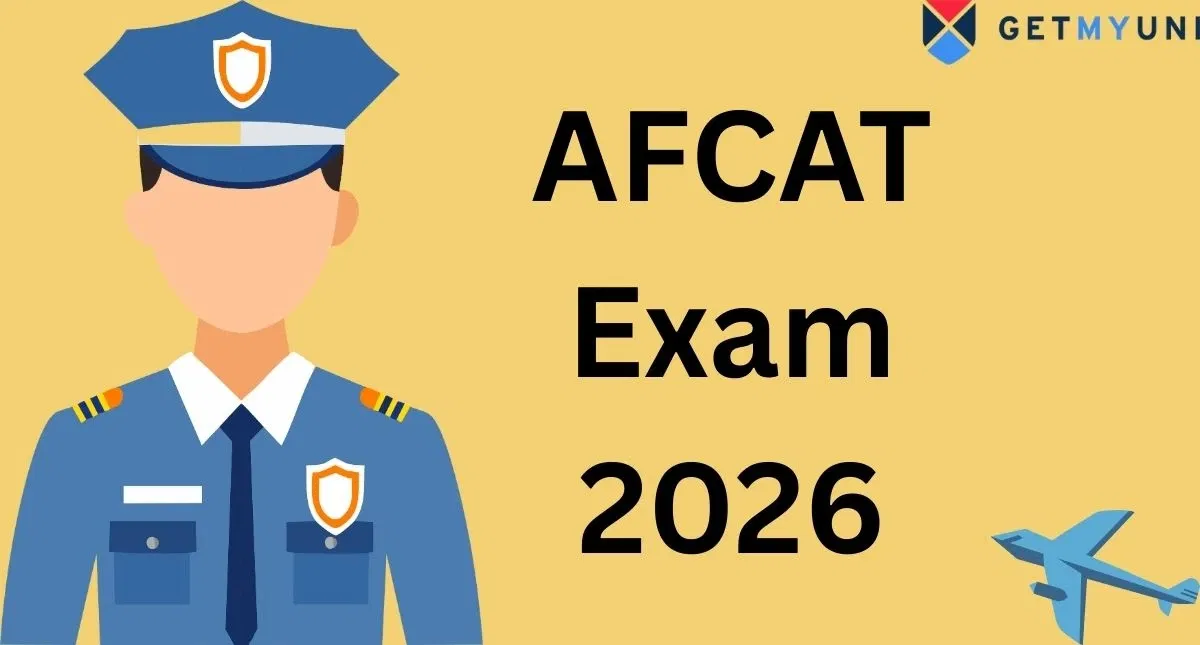

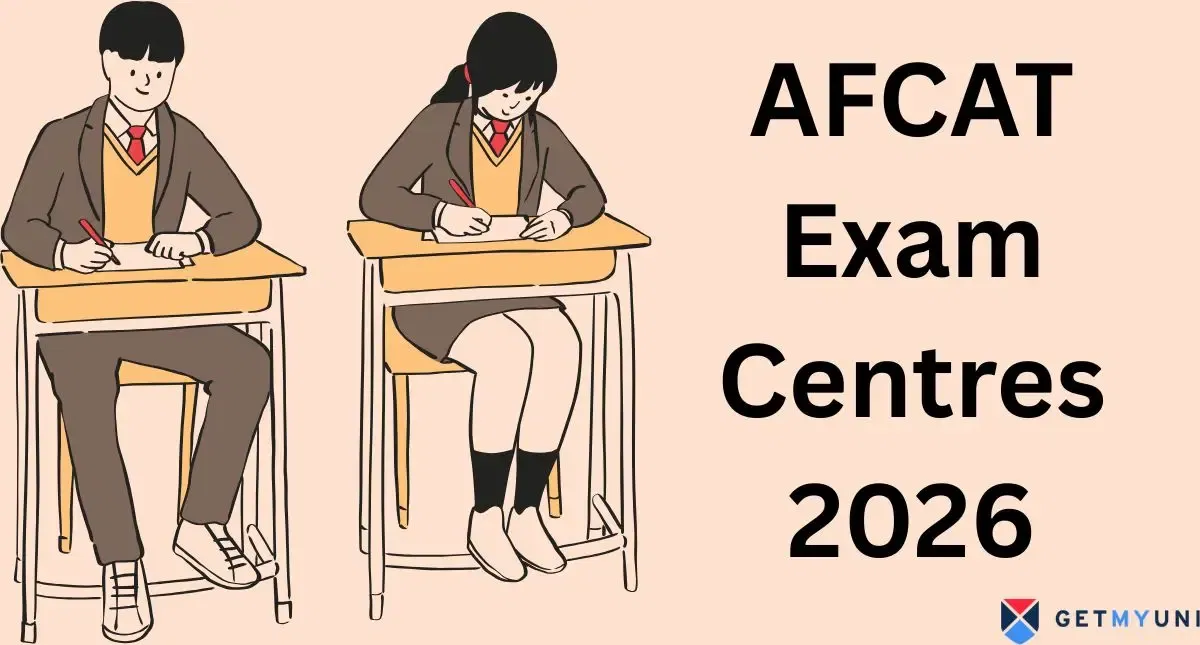

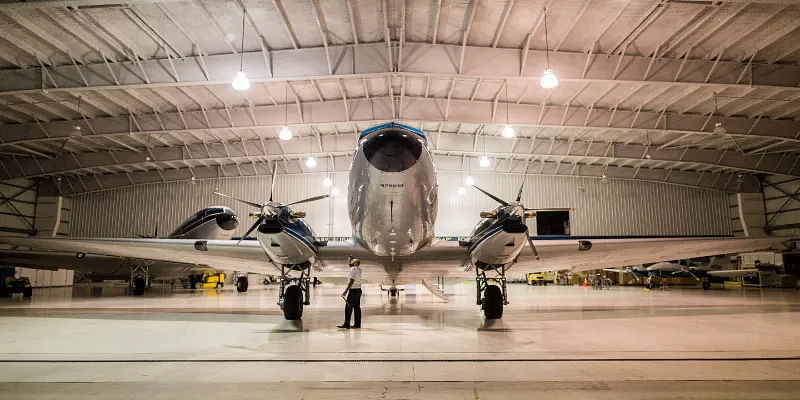



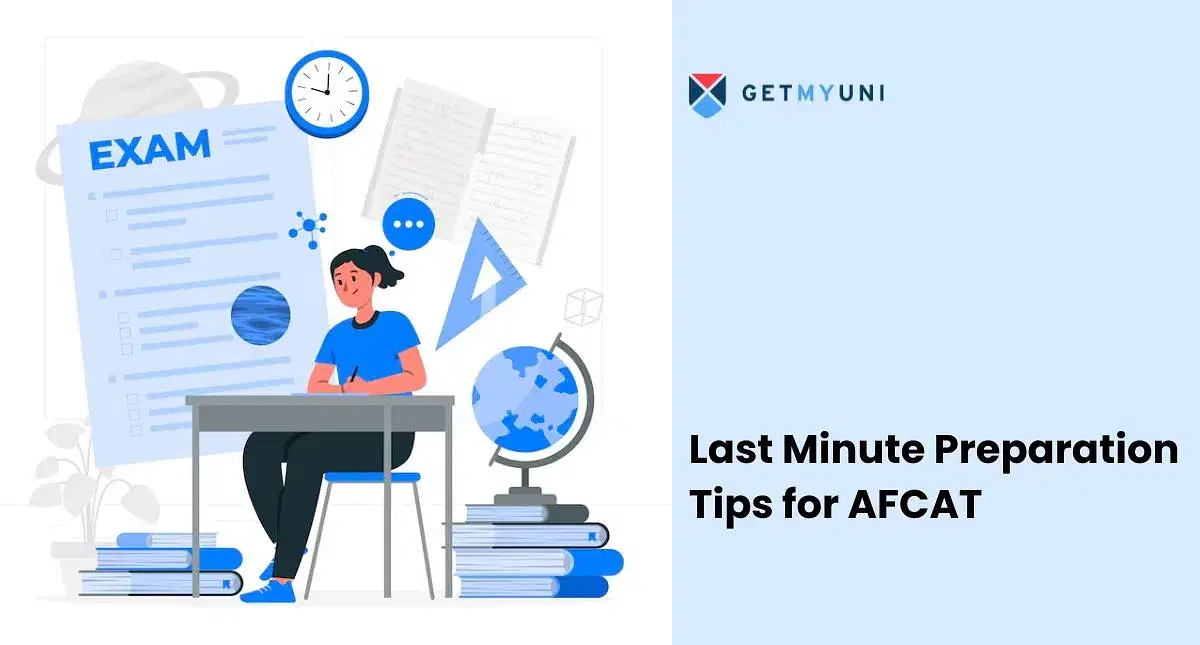











POST YOUR COMMENT